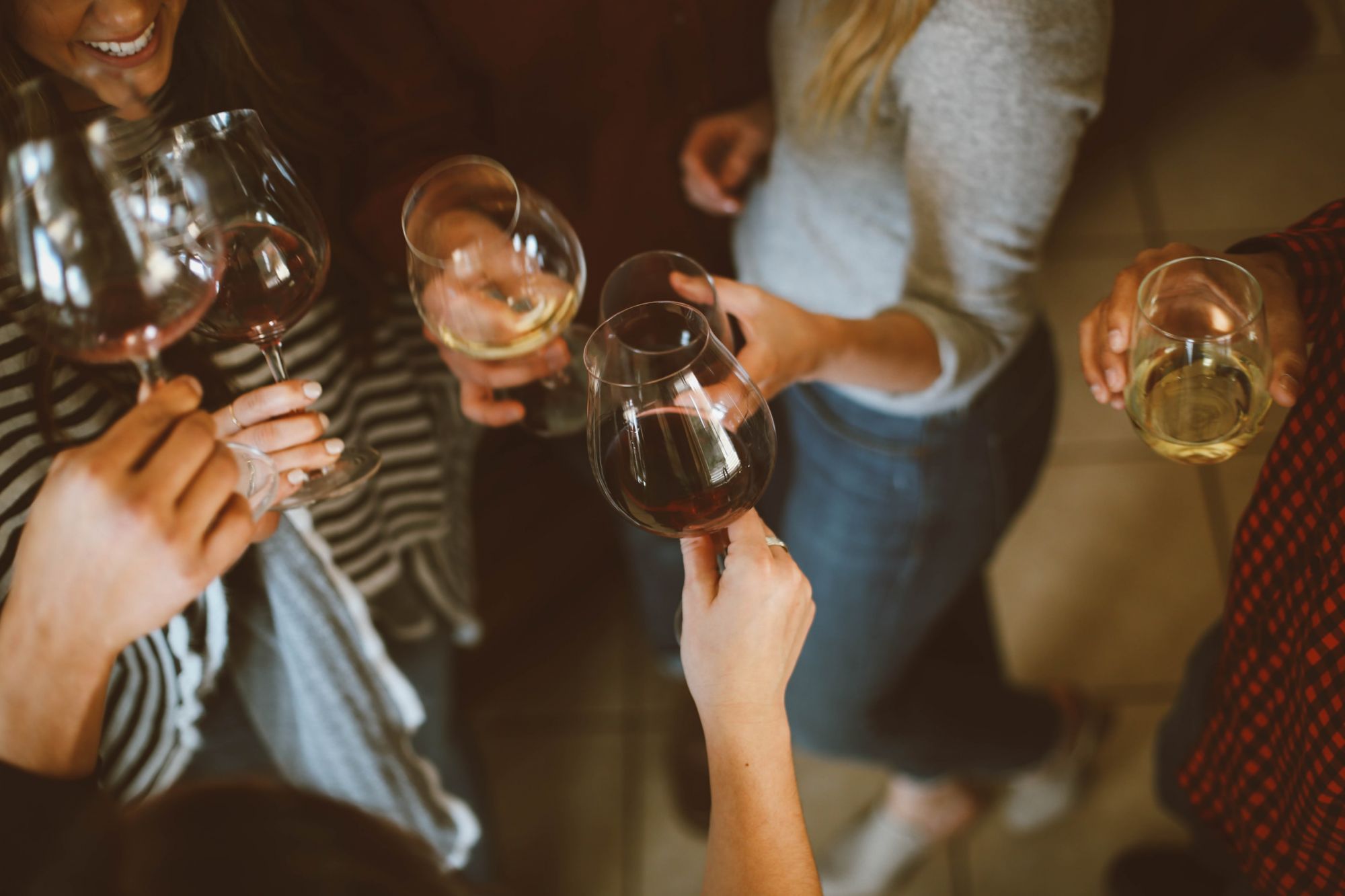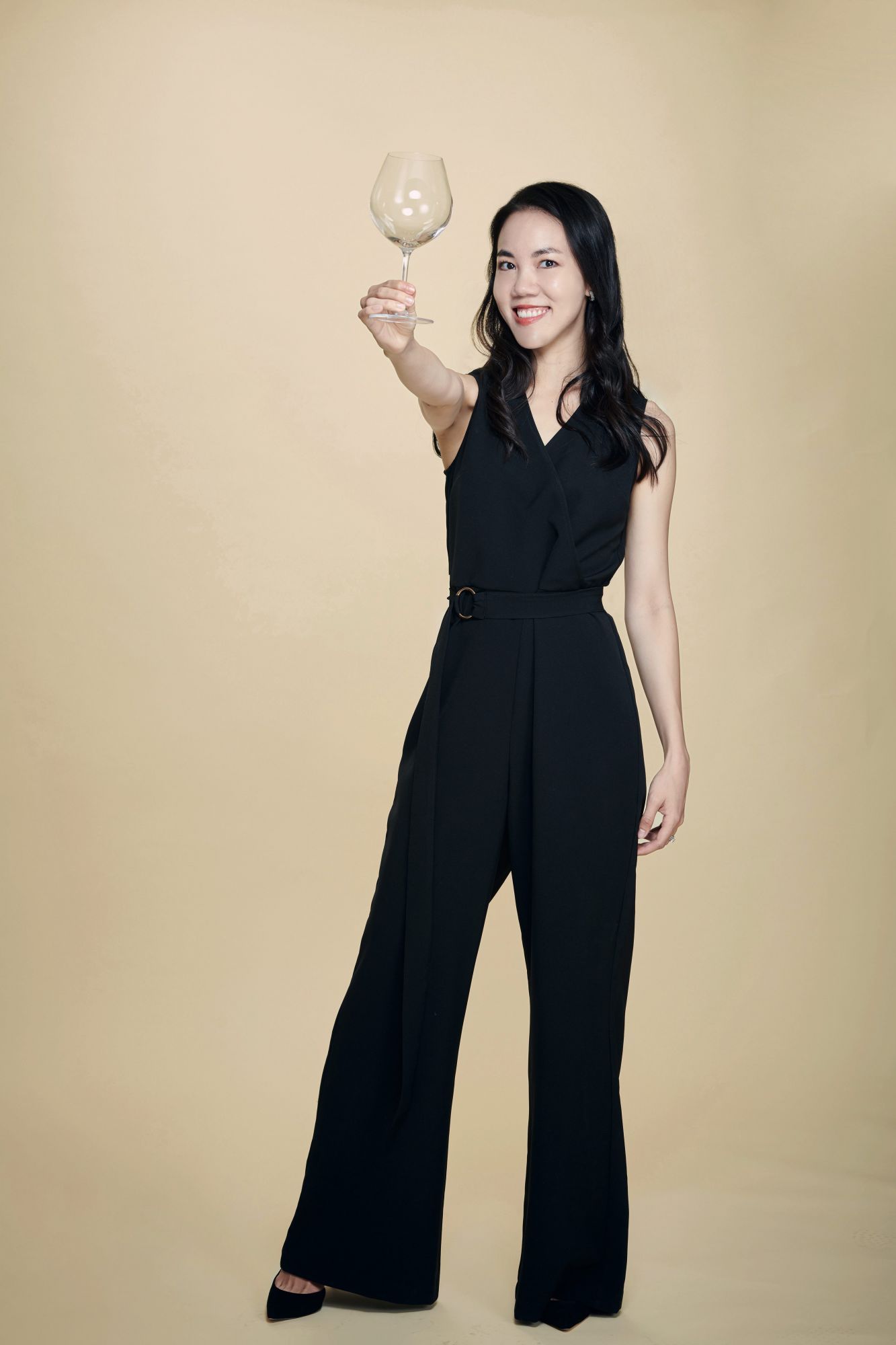Christmas and Chinese New Year means a packed calendar of social events. What’s an eco-friendly oenophile to do?
With the term “eco” increasingly on everyone’s lips, the wine industry finds itself in a tricky spot. On the one hand, winemakers’ reliance on the environment for site-sensitive product inclines the industry to eco-consciousness. On the other, unless we all commit to drinking wine from our backyards, we’re adding a heavy, fragile product to the world’s vast volume of international cargo.
Responsible practices cost money, both in farming, such as managing vine canopies to reduce fungicide and pesticide use, and winemaking—for example allowing wine to slowly stabilise in the winery versus wasteful filtration or indiscriminate additive use—so the sustainability-minded drinker should prepare to pay a little bit more per bottle.
Committing to eco-friendly imbibing shouldn’t mean sacrificing on flavour. Most environmentally committed producers claim to prize above all reflecting the specificity of their environment. And winemakers who pay great attention to their process but don’t believe in artificially “shaping” their wine—whether with excessive new oak or technology—should produce wines that give those who enjoy them an authentic, almost magical experience of a place they may never get to see.
Put Practicality Before Philosophy
Biodynamic, organic and fair trade are labels applied to wines that privilege an aspect of production while sometimes glossing over others. For example, the biodynamic and organic-friendly pesticide copper sulphate causes heavy metal to accumulate in the soil and, when a tractor is needed for repeated applications, creates carbon emissions. “Natural” producers fixated on “zero sulphite” status oblige their distributors to use energy-intensive temperature-controlled transport and storage or risk damaging the product.
For a more holistic view, look for respected “sustainable” certifications. Though some feel these systems are often watered down, protocols in many areas like California, New Zealand and South Africa have been widely lauded for their comprehensiveness.
Also, look for summative metrics like water usage or carbon emissions per unit, especially those that emphasise emissions reduction. US giant Jackson Family Wines is proactive about publishing its emissions figures and has formed a working group with Spain’s Torres family to measure emissions and pioneer novel technologies. Family companies like these and Portugal’s Symington Family Estates often stand out among larger producers for long-term thinking, usually encompassing sustainability.
Match Grapes To Climates
Seek out logical combos of grape and climate. Grapes from dry origins, like much of Portugal, Spain, Greece and southern Italy, for example, are much more appropriate for similarly hot, dry places than many water-sucking French grapes (ahem, cabernet sauvignon). When drought-resistant varieties permit irrigation to be avoided or reduced, dry places are great for sustainable farming.

